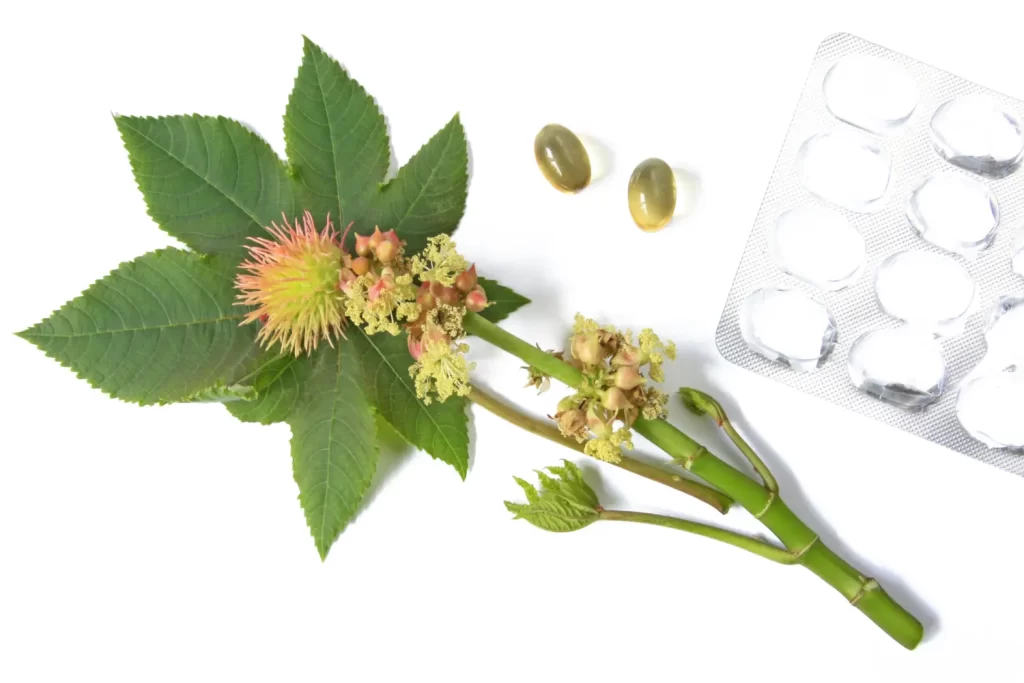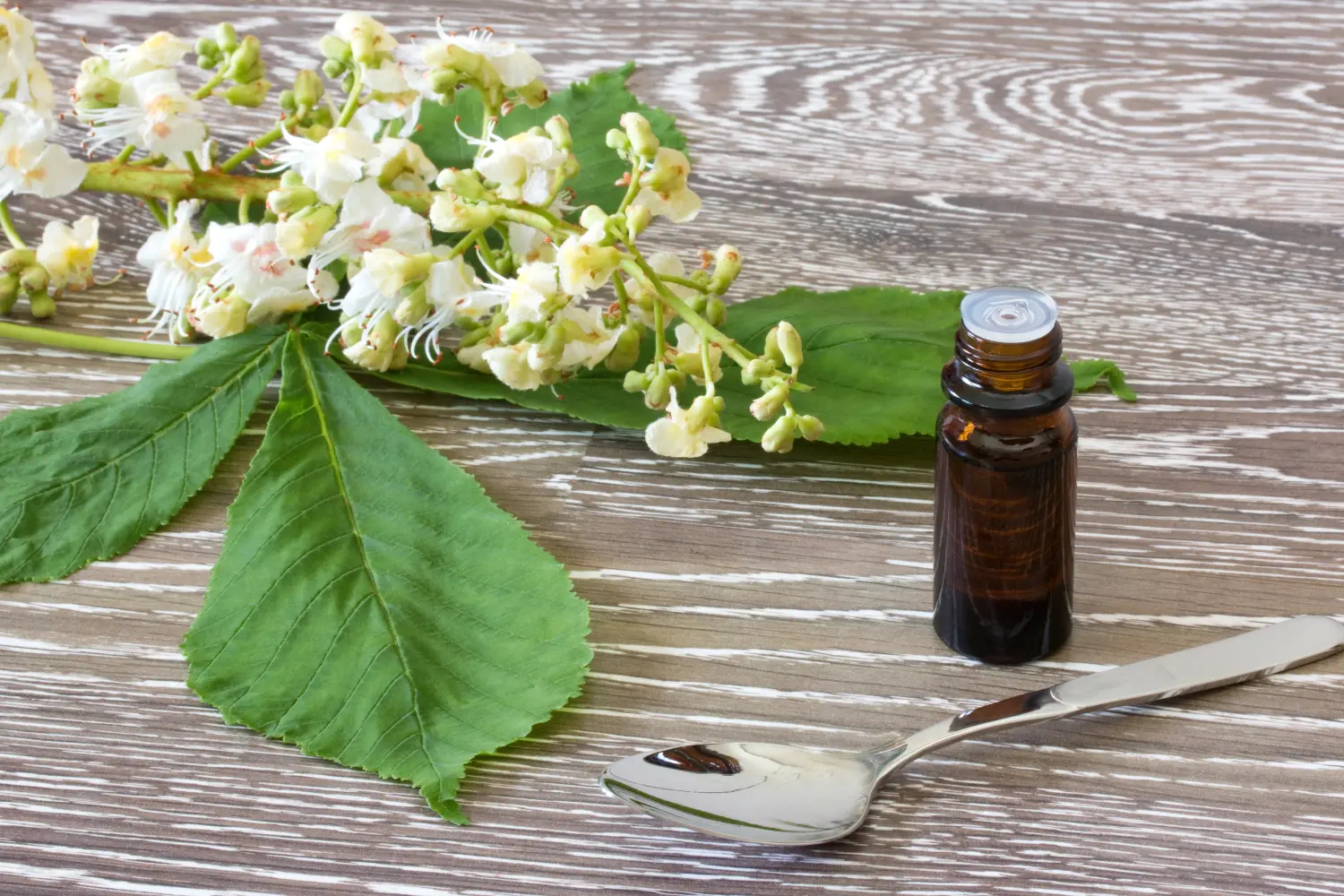
Menopause is a natural phase of life, but the emotional ups and downs can feel anything but normal.
As hormone levels fluctuate, many women experience mood swings, anxiety, and irritability—sometimes with little warning. While conventional treatments like hormone replacement therapy (HRT) exist, many women prefer natural remedies to support emotional balance without unwanted side effects.
Mood swings are one of the most challenging symptoms of menopause, leaving many women feeling emotionally unbalanced and overwhelmed. These sudden shifts in mood happen due to fluctuating hormone levels—especially estrogen and progesterone—which directly affect neurotransmitters like serotonin and dopamine. As a result, feelings of anxiety, irritability, and even depression can arise without warning.
Beyond hormones, other factors contribute to menopause-related mood swings. Poor sleep, blood sugar imbalances, and chronic stress can all intensify emotional instability. Left unmanaged, these mood swings can interfere with relationships, work, and overall well-being.
The good news is that natural remedies for mood swings can help stabilize emotions and promote inner calm. By addressing hormone imbalances holistically, women can regain a sense of control and emotional resilience during menopause.
Herbs have been used for centuries to support hormonal health and emotional well-being. Many plant-based remedies work by balancing estrogen, reducing stress hormones, and improving neurotransmitter function. Here are some of the most effective herbs for managing menopause mood swings:
Incorporating these herbs into your routine—whether through teas, tinctures, or supplements—can naturally support mood stability during menopause. However, it’s always best to consult a healthcare provider before adding new herbal remedies to your regimen.
What you eat plays a crucial role in managing menopause symptoms, including mood swings. A balanced diet can help regulate blood sugar, support hormone production, and stabilize neurotransmitters that influence mood. By focusing on nutrient-dense foods, you can naturally reduce emotional ups and downs.
In addition to diet and herbal remedies, certain lifestyle changes can significantly improve emotional stability during menopause. By managing stress, improving sleep, and staying active, you can reduce the intensity of mood fluctuations and feel more balanced throughout the day.

For women seeking additional support beyond diet, herbs, and lifestyle changes, alternative therapies can offer relief from menopause-related mood swings. These holistic approaches focus on balancing hormones, reducing stress, and promoting emotional well-being.
Menopause mood swings can feel overwhelming, but natural solutions can help restore emotional balance. By incorporating herbal remedies, nutrient-rich foods, and lifestyle adjustments, you can manage your mood more effectively without relying on synthetic treatments.
Key Takeaways:
Consistency is key when using natural remedies for mood swings, so start with small changes and build from there. If symptoms persist, consider consulting a holistic practitioner for personalized guidance.
Looking for more ways to support your body naturally? Explore our guide on the best supplements for menopause relief to find additional solutions for a smoother transition.
Related Articles










* These statements have not been evaluated by the Food and Drug Administration. This product is not intended to diagnose, treat, cure or prevent any disease.